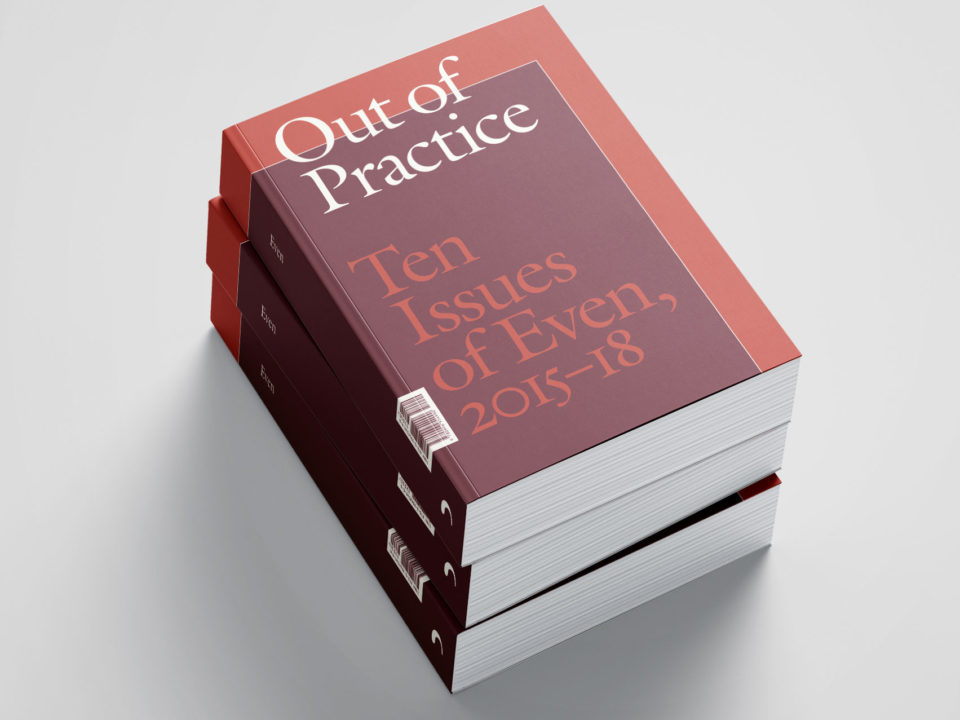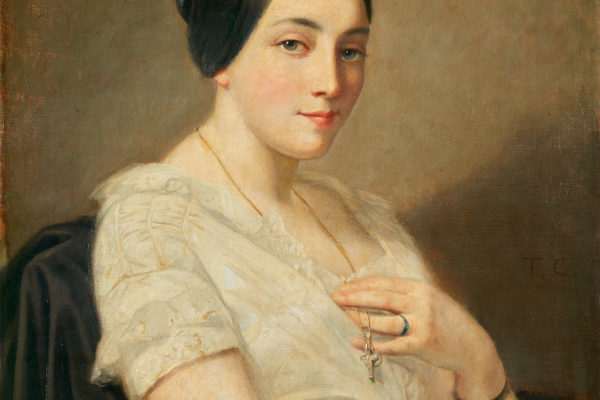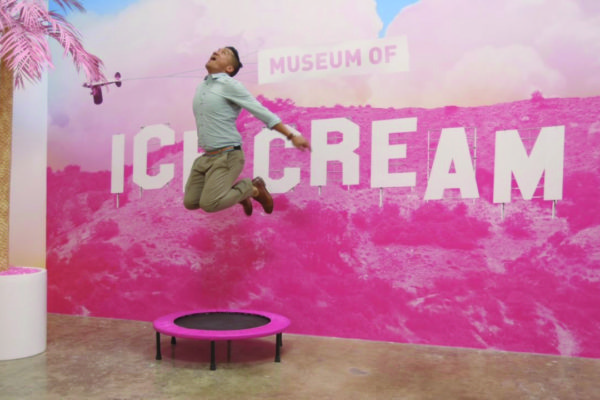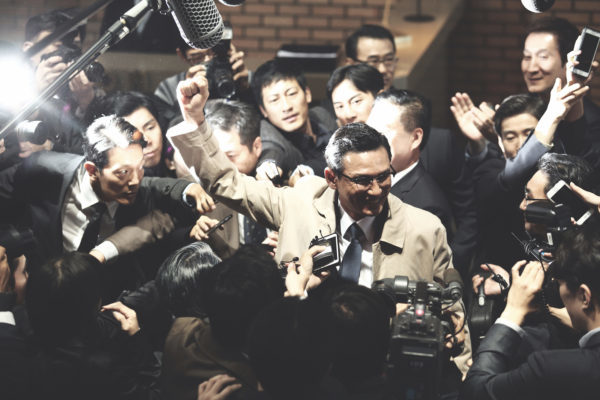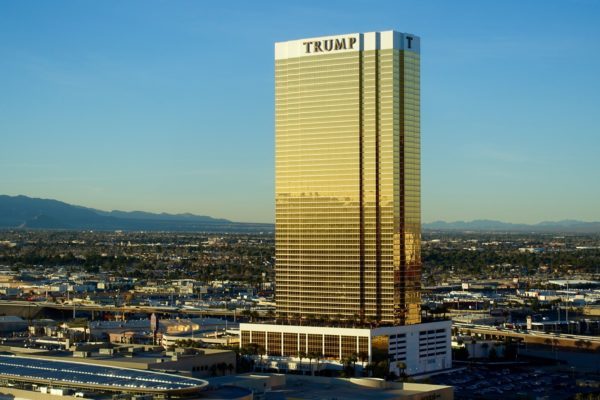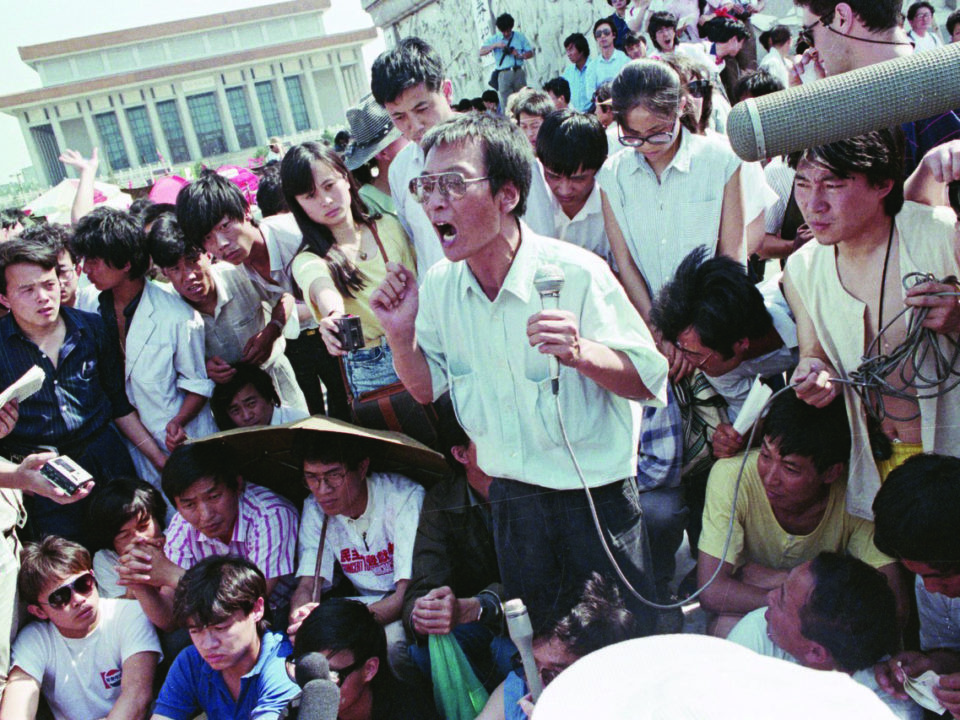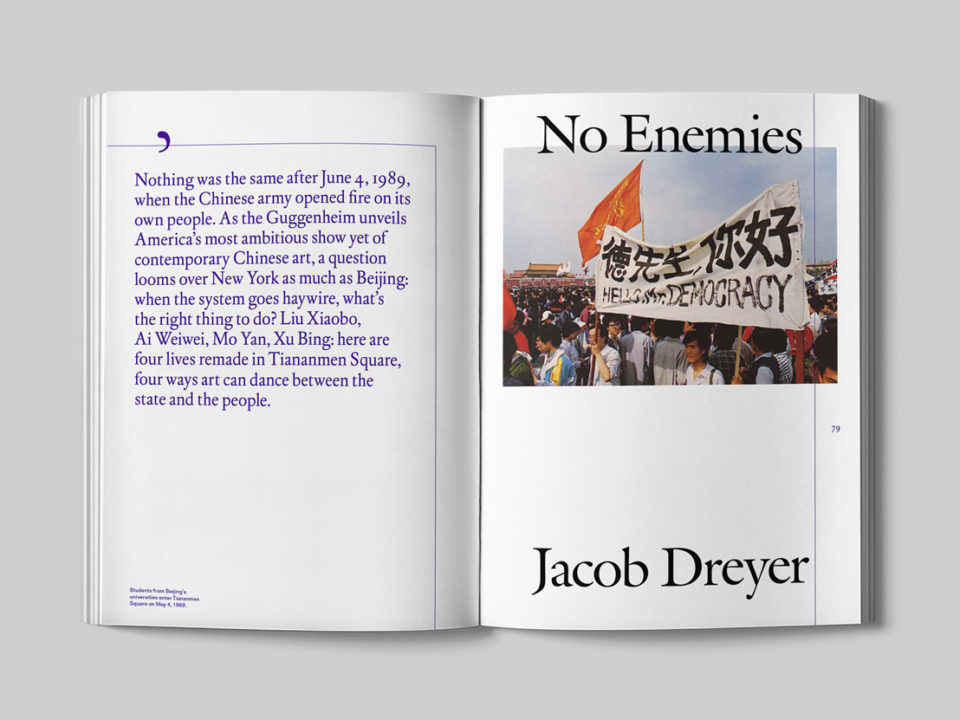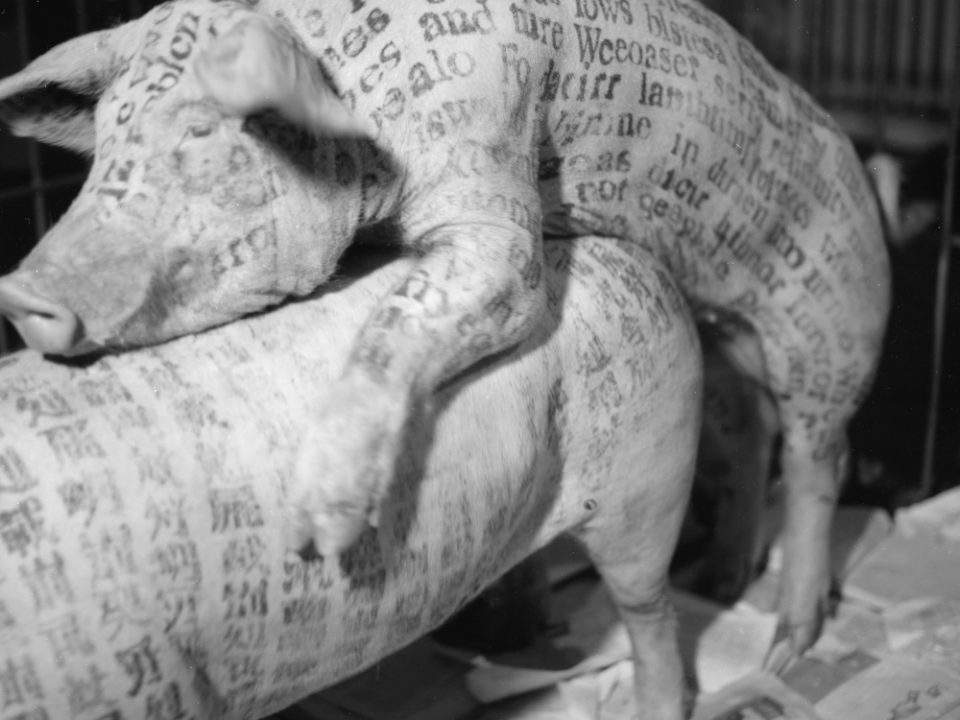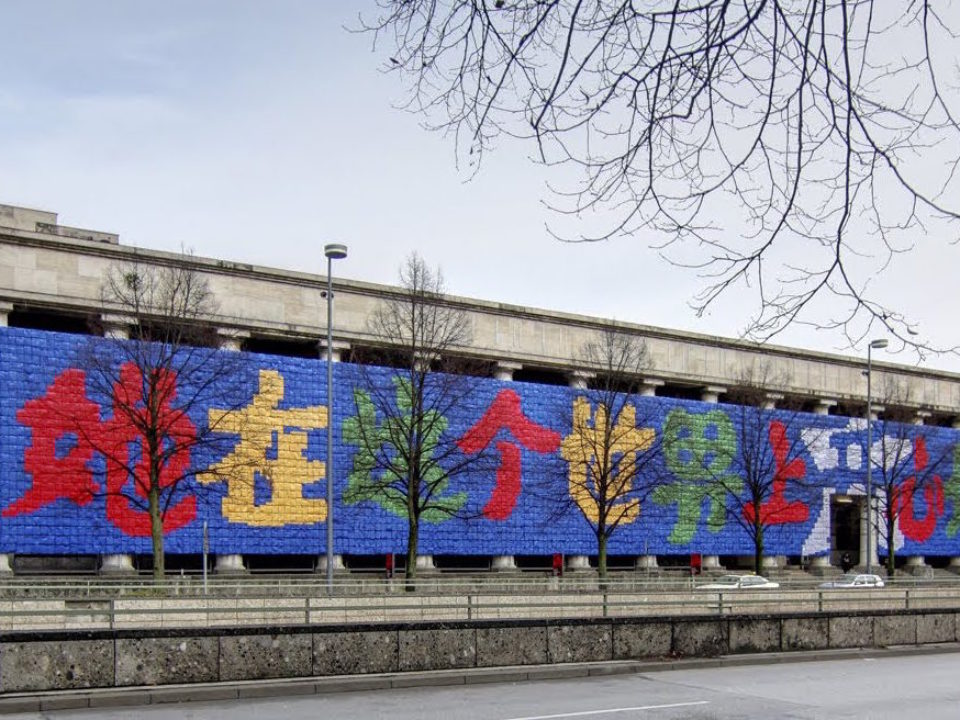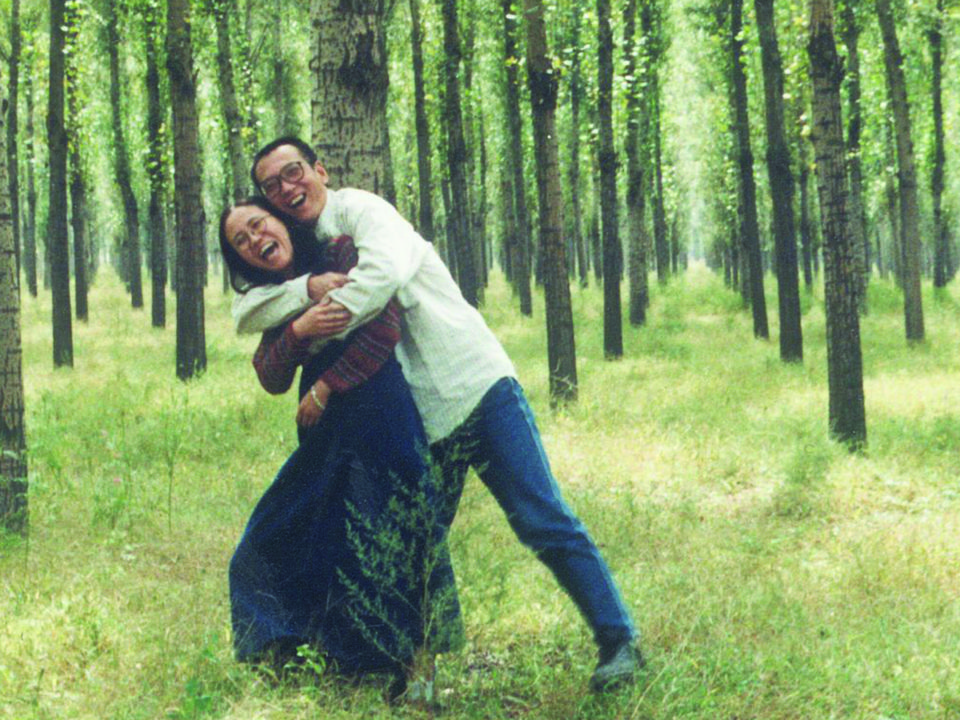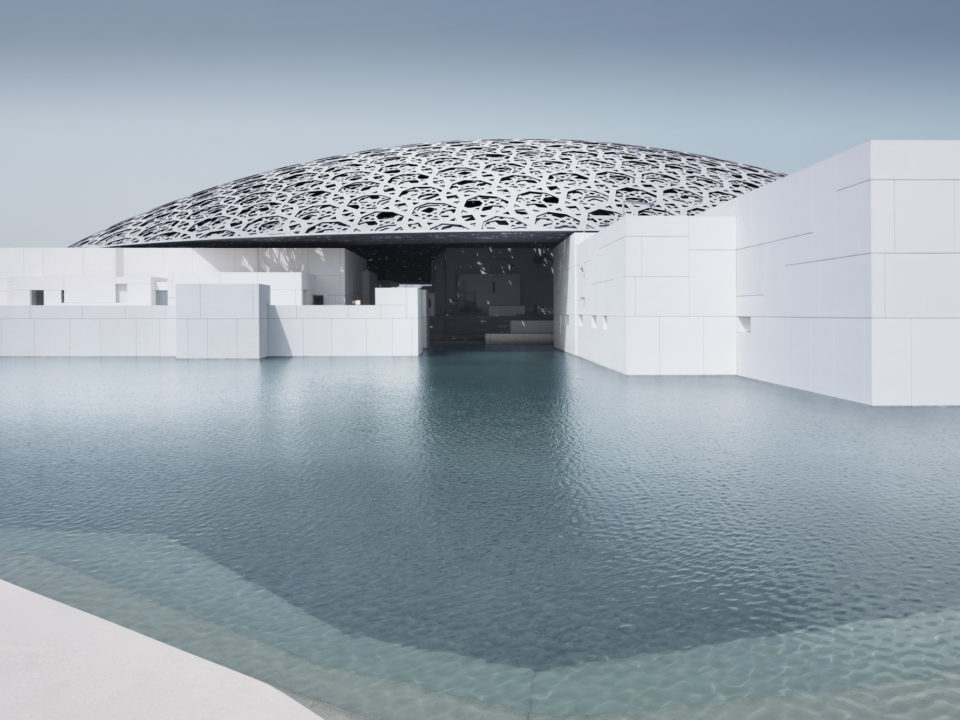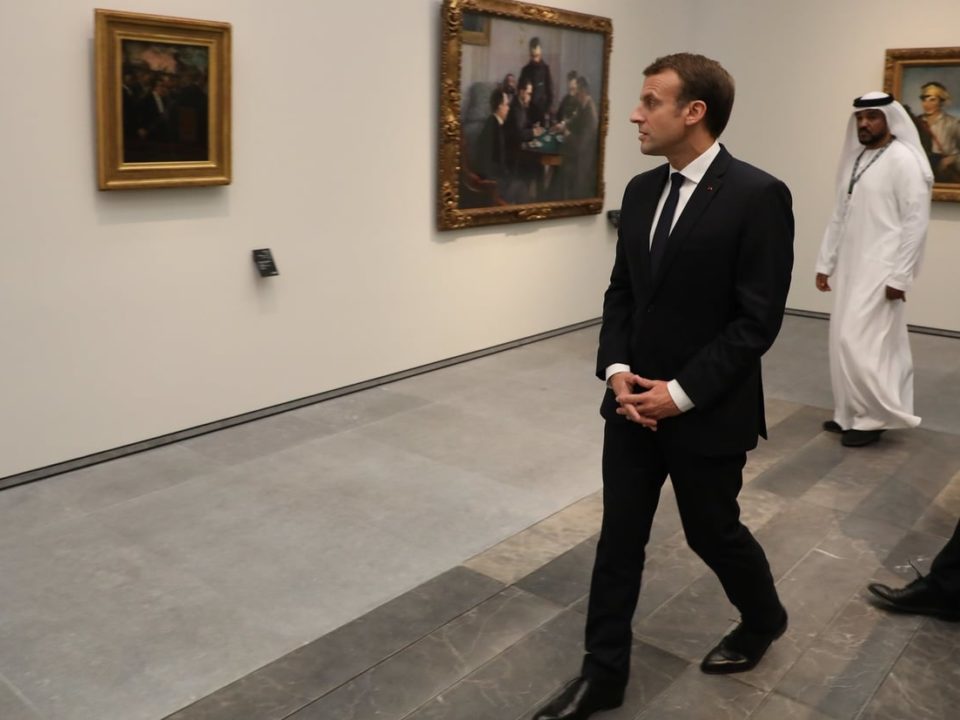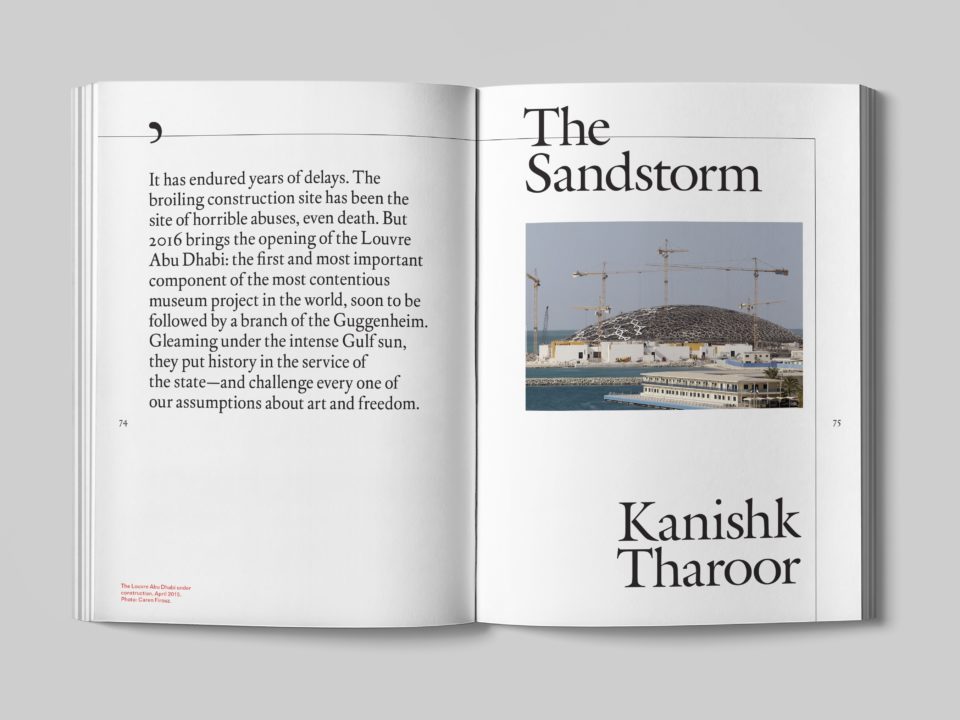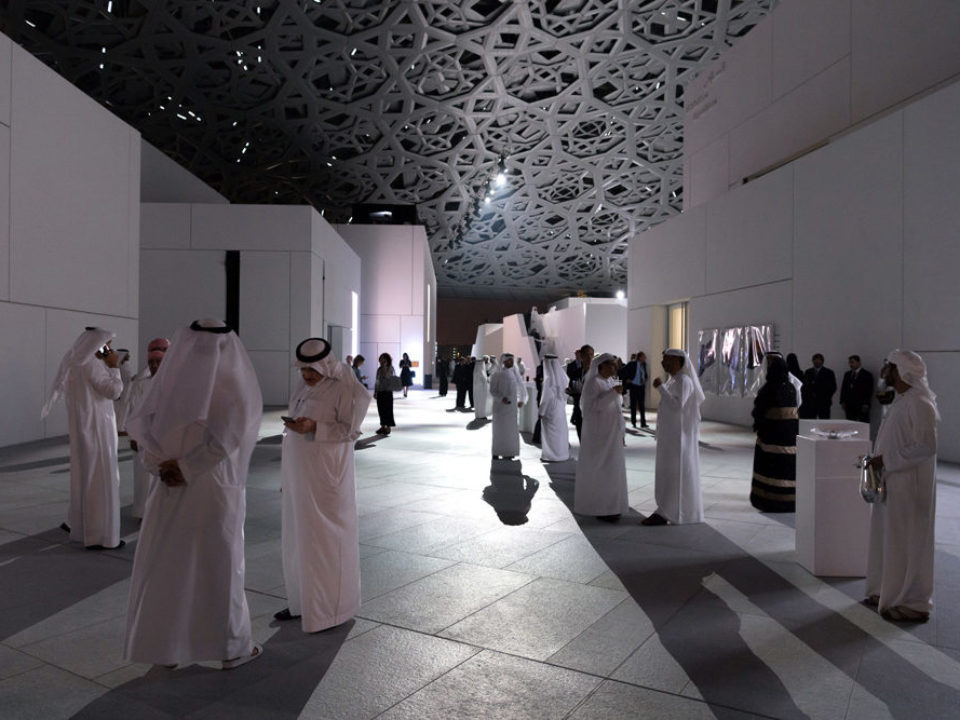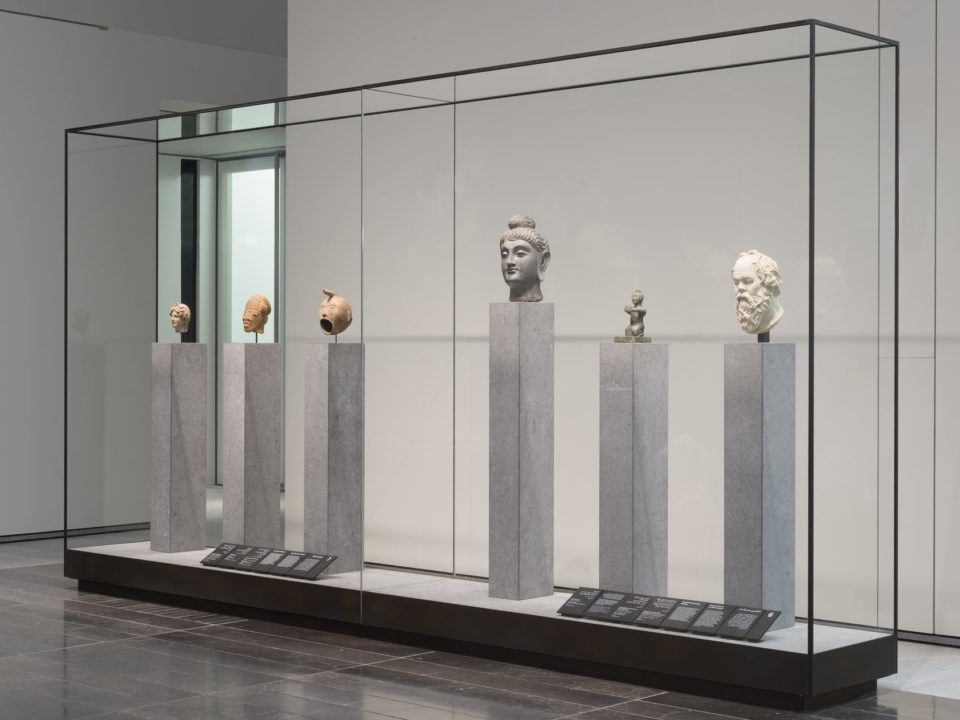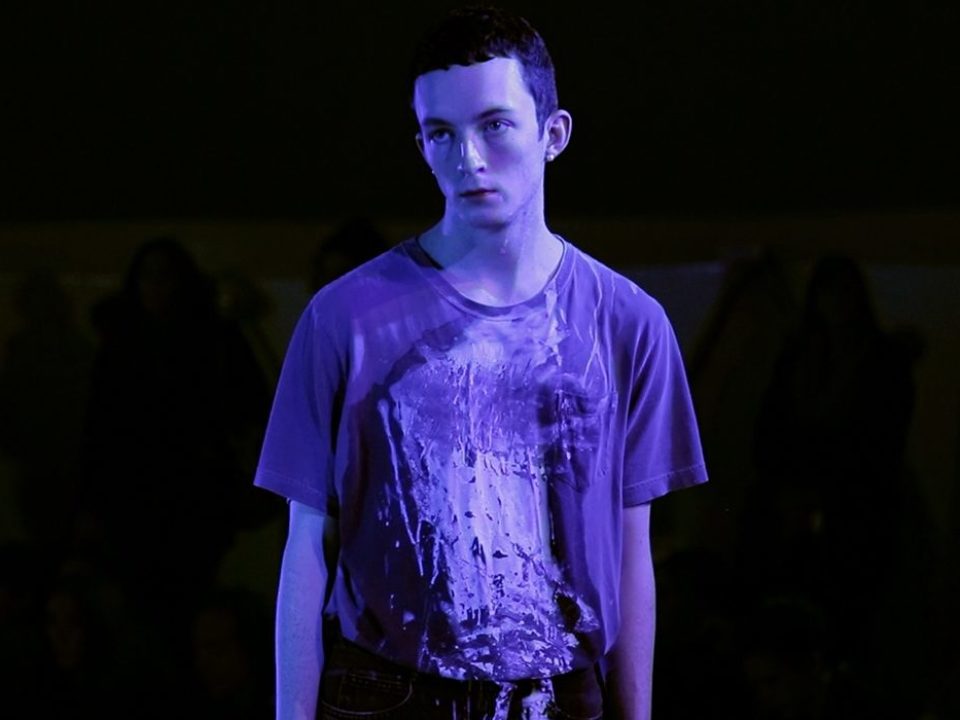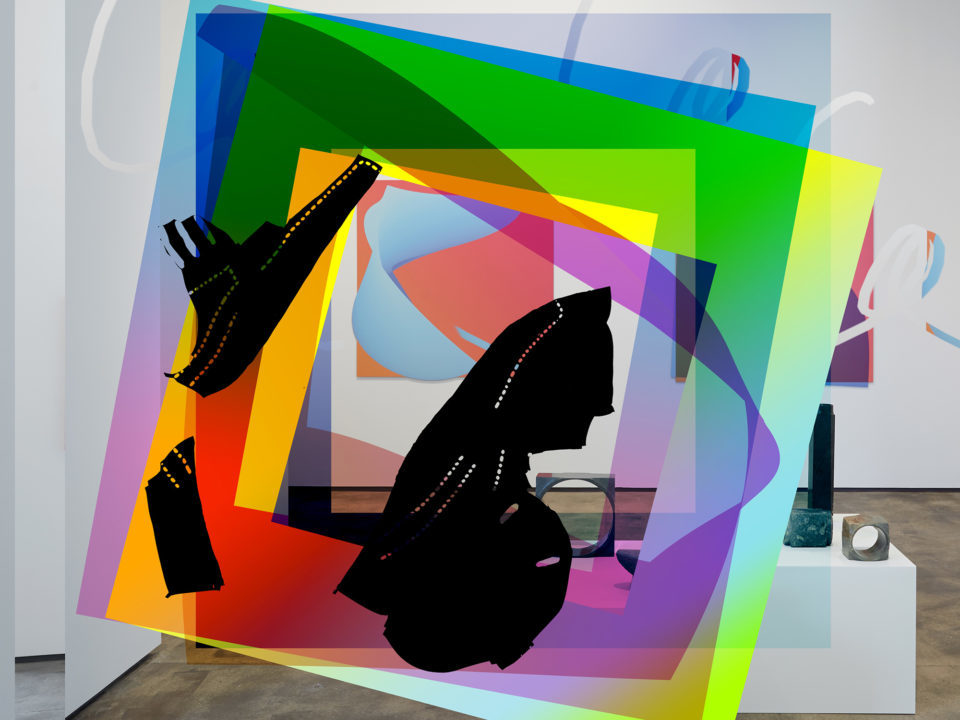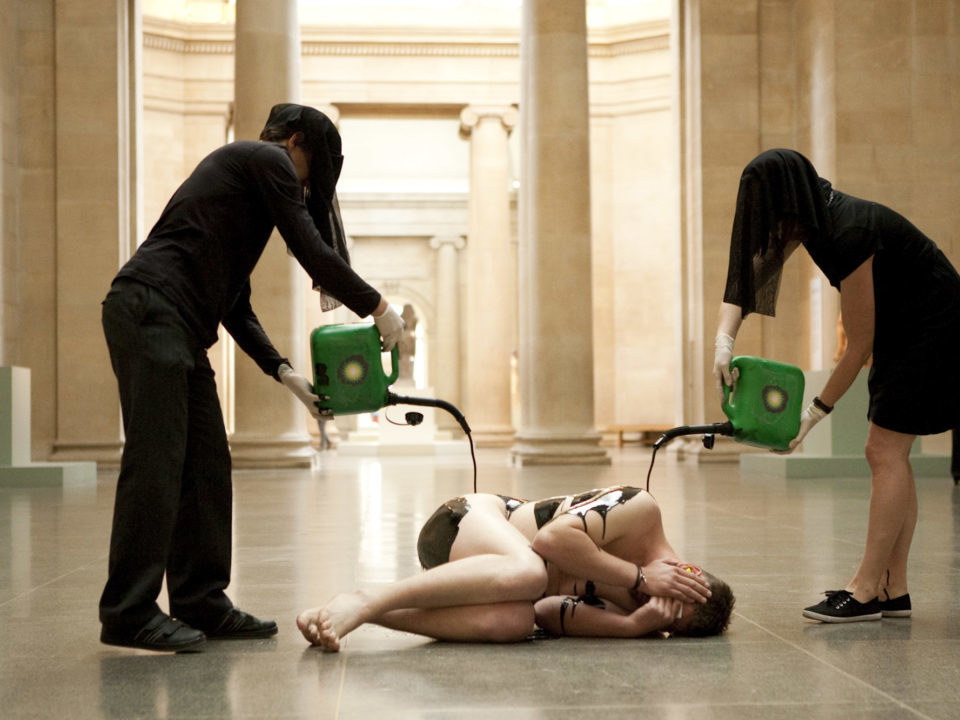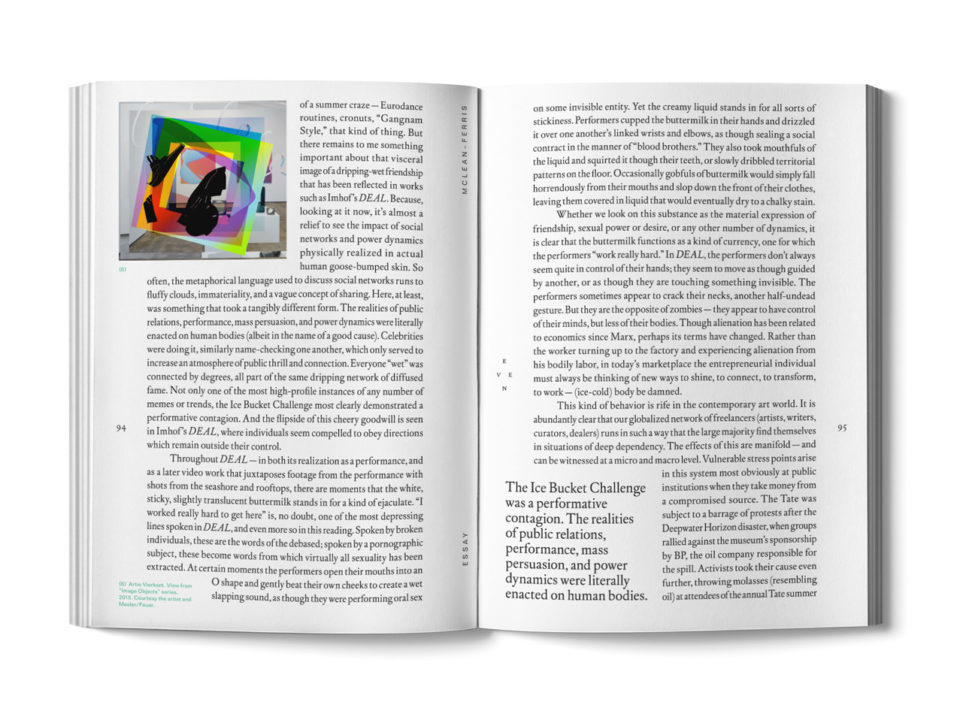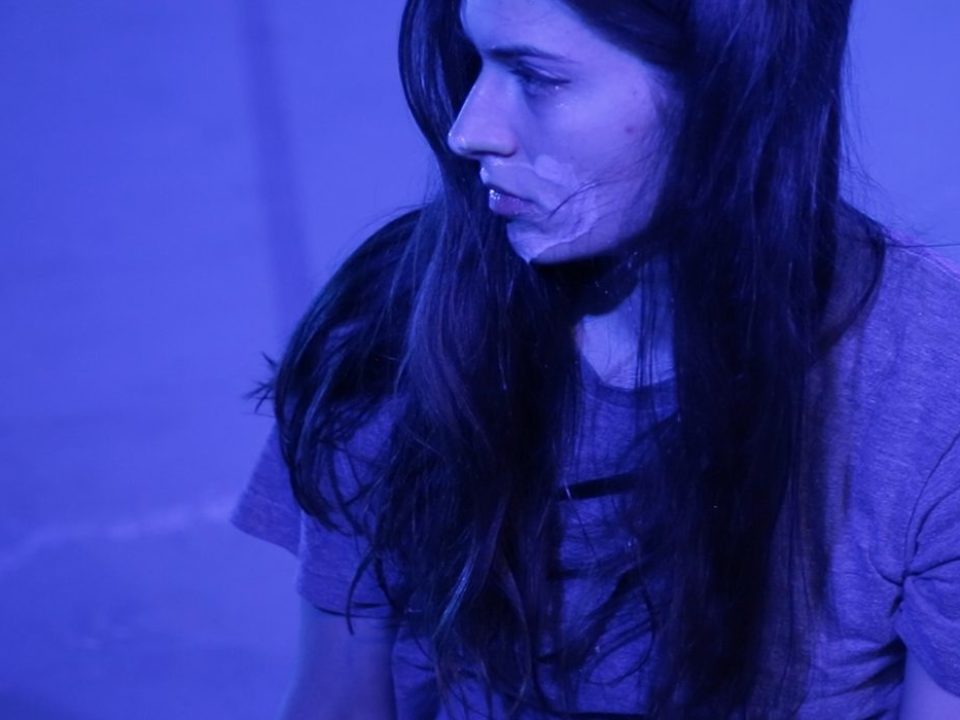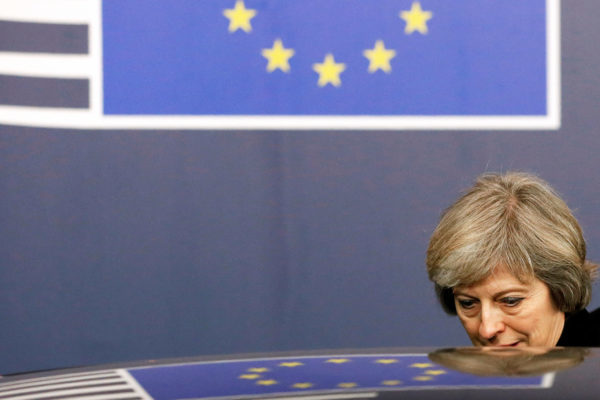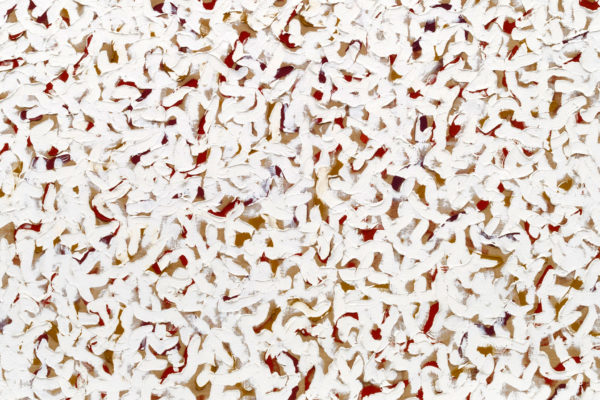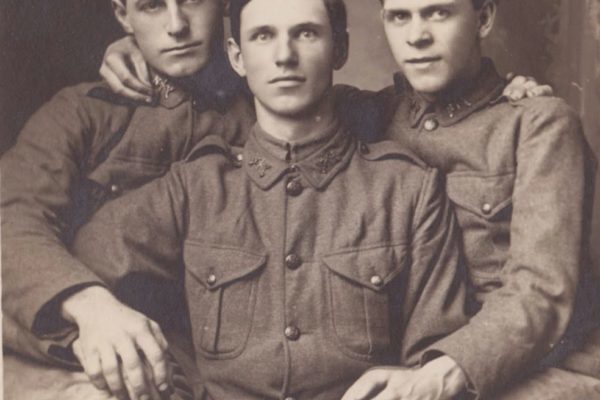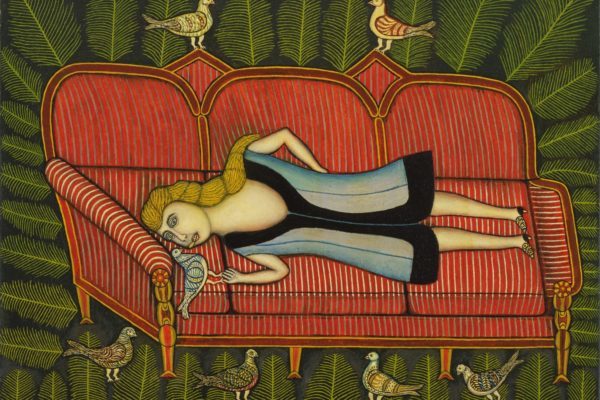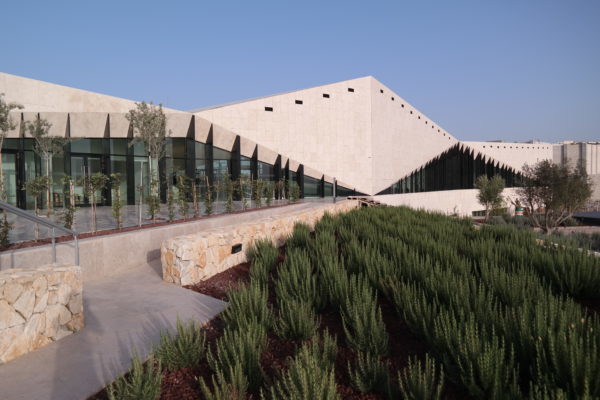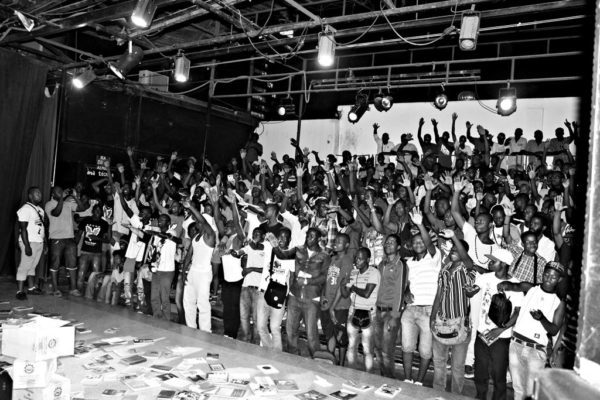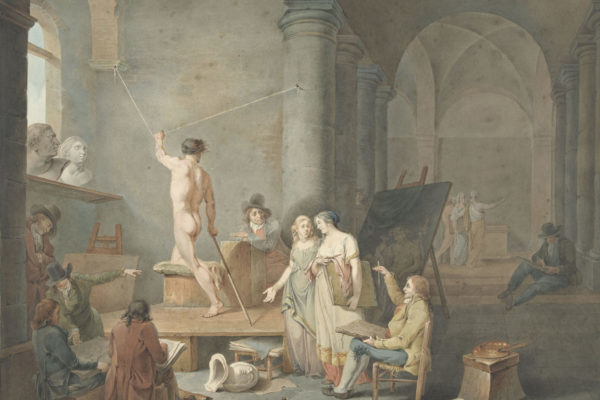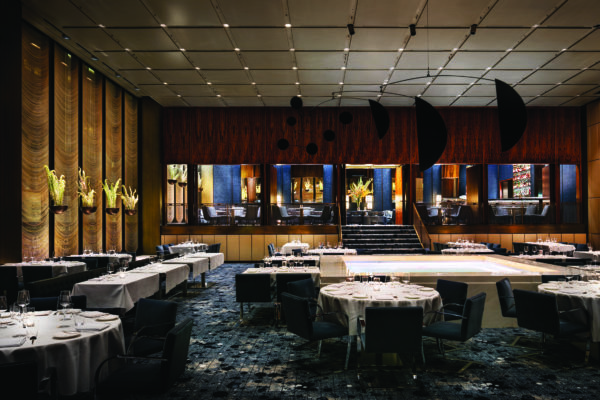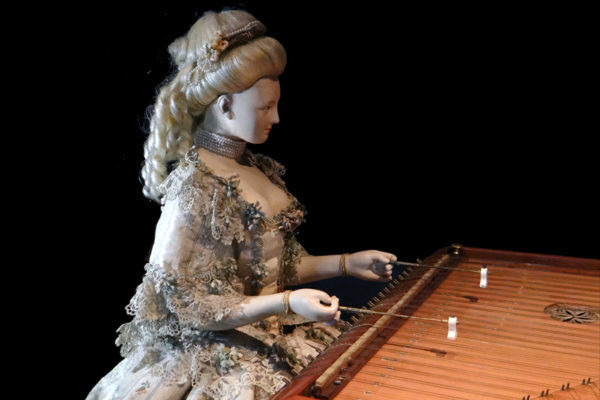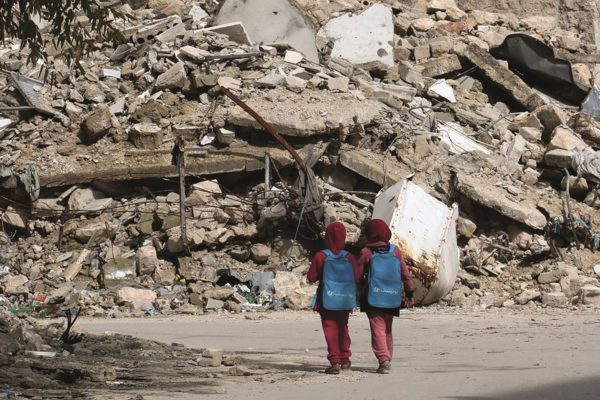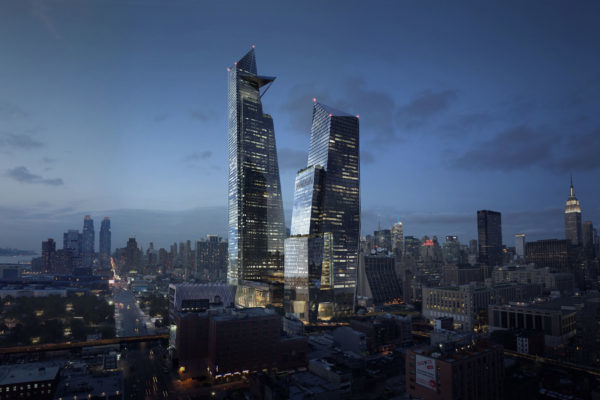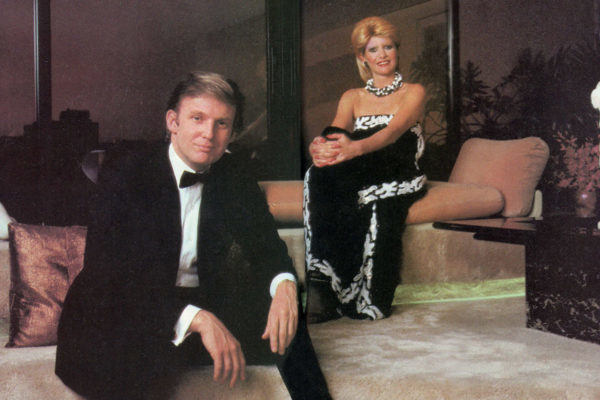Even was a magazine of global art and culture, published from 2015 to 2018.
- Over ten issues, Even delved into the themes that defined a period of cultural, political and technological transformation.
- More than thirty of its most compelling essays appear in the anthology Out of Practice. Read the introduction by editor Jason Farago.
Features
From Our Back Issues
Kissed by Magic
by Ben Eastham
“I am finally disabused of the idea that the spirit of an artist leaves an indelible stamp upon the place of his work when, in Los Angeles this summer, a realtor encourages me to renovate the rooftop terrace overlooking the swimming pool beside which Thomas Mann wrote Doctor Faustus. It would make, he suggests, a spectacular outdoor gym.”
Brasília at Midnight
by Silas Martí
“What happens to Brazilian artists when the ground beneath their feet suddenly turns to quicksand? And what happens to Brazilian arts institutions caught between an imploding public sector on one hand, and on the other a collecting class whose richest members may be heading to jail?”
And Now the Final Frame
by Moira Weigel
“We go into Amy knowing that Amy Winehouse is dead and is going to die. But digital media do not have that same kind of relationship with the reality they are supposed to represent; they are not its index or its death mask. They are 1 and 0 animations; they need not have touched what they refer to. They are unmoored from the world, timeless, and thus curiously undead.”
From Issue 8
No Enemies
June 4, 1989, changed China — and art history — forever. What did the protestors do next? What strategies did they pursue to redeem their culture, to reinvent it, or simply to justify themselves?
Jacob Dreyer, writing in Even no. 8, surveyed 30 years of art and development through the eyes of a quartet of China’s most perceptive artists and authors. Liu Xiaobo, Ai Weiwei, Mo Yan, Xu Bing: here are four paths onward from Tiananmen Square to the Xi regime.
Interviews from Even
Luc Tuymans
“There is an elementary relapse into nation states, into populism. But there is no other solution than the European community. There is no other solution.”
Kaari Upson
“Loss, death, experiencing that through the body; the inability to conceptually work through these things…. When something is outside the body it becomes disgusting, but when it’s inside it’s as natural as blood.”
Ian Cheng
“I feel like we have ‘Uber consciousness’ now. The idea that you can just get into a stranger’s car, fully trust them because of a rating system, and then literally just exit the car: In some small, tiny, tiny way, that is a different kind of consciousness.”
From Issue 2
The Sandstorm
What was the most significant museum to open in the 2010s? We’d wager it was the Louvre Abu Dhabi — not for any great innovations in its curatorial approach, but for how it laid bare the strategy and statecraft at the core of today’s cultural developments.
For Kanishk Tharoor, offering the definitive analysis of the Emirati institution in Even no. 2, the Louvre Abu Dhabi “tries to conjure the experience of belonging not to a nation-state or even a civilization, but to the world.” And yet at every air-conditioned turn, in front of every Roman bust and Persian miniature, you are face to face with bald national power.
Interviews from Even
Matthew Barney
“Out west you have a kind of horizontality and openness, but then you go into the ravines and you’re held. I think it was on that emotional level that I connected with New York, through its extreme landscape.”
Charline von Heyl
“When I started out I wanted the paintings to basically torture people. What I want now is something that seduces more than it angers.”
Giuseppe Penone
“It’s not about the survival of the planet, or of nature. What is nature? Nature is whatever is outside; nature will be present even if the human species goes extinct.”
From Issue 1
Declaration of Dependence
Of all the dreams of modernism, none is more definitively dead than artistic autonomy; this century cannot even conceive an escape from economics and exchange. Several years before Anne Imhof won the Golden Lion at the Venice Biennale, this magazine placed her at the core of a group of artists who made dependency, networking and contagion into the stuff of art.
In today’s art world, wrote Laura McLean-Ferris wrote in Even no. 1, “all relationships are open to monetization or careerism. Socializing is now highly professionalized. A critic friend reviews an artist friend’s exhibition and posts it online. The artist publicly thanks the critic. It all gets a lot of likes. They like each other’s pictures of cats. You liked them too. This is all a form of work, don’t forget.…”
